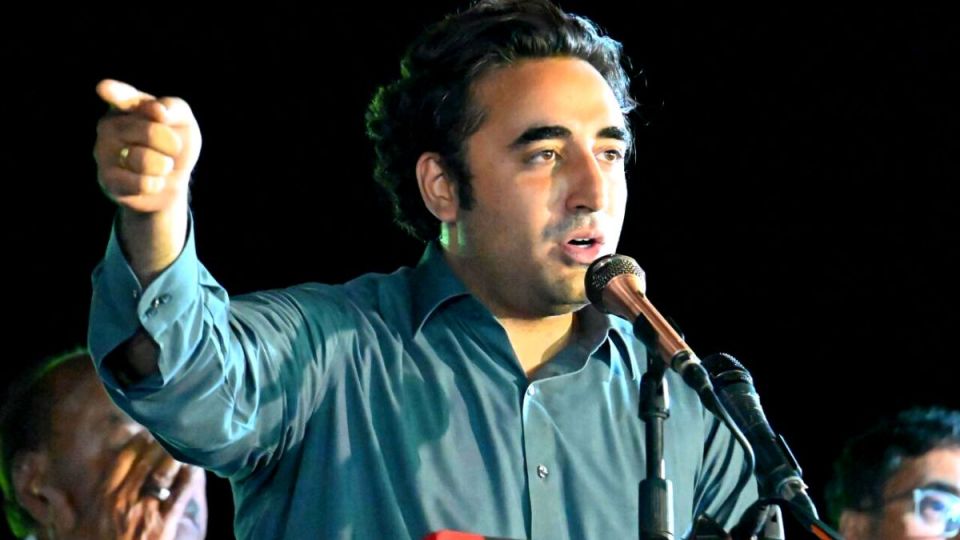April 26, 2022
NEW DELHI – A little over a week after Imran Khan was voted out in the National Assembly, there is speculation in Pakistan over the PPP chairman, Bilawal Bhutto Zardari’s refusal to take the oath as foreign minister. He is yet to spell out his reservations. Some may even wonder whether allies of the new Prime Minister, Shehbaz Sharif, are agreed on the structure of governance. The uncertainty can be contextualized with Bilawal’s meeting with the PML-N leader, Nawaz Sharif, in London on Thursday when the two leaders pledged to work together on issues pertaining to politics and national interest. They discussed the overall political situation in Pakistan and expressed their determination to move forward with “mutual understanding and consensus in political affairs”. While Bilawal said that the coalition in Islamabad would try to work towards the restoration of democracy once again, there is little doubt that the formation of the new government has hit the bumps at the threshold. Not wholly unrelated is Imran’s sniper attack on the Army chief, General Qamar Javed Bajwa. The former Prime Minister has alleged that “some elements in the powerful establishment” (aka the military) had indulged in “bad practices” and were responsible for his unceremonious ouster from power. Historically, no Prime Minister in Pakistan has completed his full five-year term. Imran hastened to add that “there are also humans in institutions. If one or two individuals do something wrong, the entire institution is not responsible”. Without alluding to General Bajwa, he said “if one person makes a mistake, this does not mean that the whole institution is at fault”. The former information minister, Fawad Chaudhry, in a way made the situation still more confusing when he told a news channel on Wednesday that the equation between the establishment and the PTI government, helmed by Imran Khan, had been strained for months. “We tried our best, including me, to remove misunderstandings with the establishment but could not succeed.” Imran reportedly had the tacit support of the GHQ in Rawalpindi when he took over as Prime Minister in 2018. Not that the leaders have been explicit on the suspected rift in the lute, which was palpable with the change of guard in the ISI headquarters a few weeks ago.
Arguably, there are contretemps on the road towards refashioned governance. In many senses, Shehbaz Sharif has succeeded in a depleted inheritance. The confusion gets worse confounded with Bilawal reportedly refusing to assume charge as Pakistan’s foreign minister. There may be hope yet with the statement of Pakistan’s National Security Committee (NSC) to the effect that there was no foreign conspiracy to topple the PTI government. The NSC discussed the telegram received from Pakistan’s embassy in Washington. Pakistan’s former ambassador to the United States, Asad Majeed, briefed the committee on the context and content of the telegram. Islam- abad will hope that the crisis in Pakistan’s ties with the United States, stoked by Imran Khan, has been staved off.


